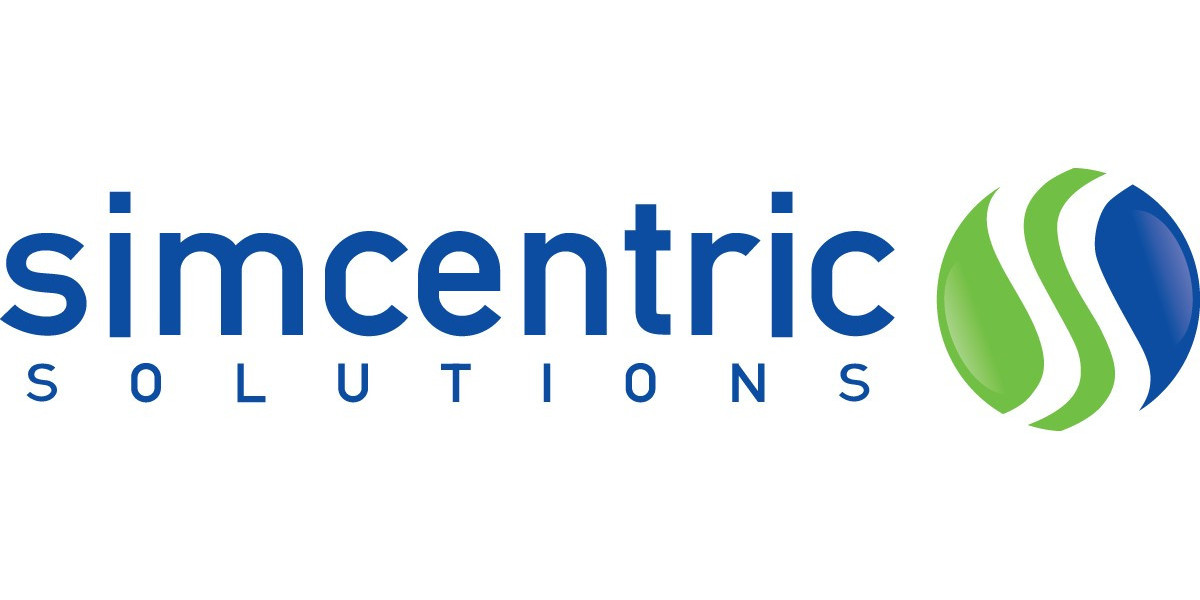The regulatory landscape in Hong Kong presents a unique set of challenges and opportunities for businesses leveraging dedicated server hosting. As a global financial hub with a rapidly evolving tech sector, Hong Kong's laws and regulations around digital services, data protection, and cybersecurity are crucial for businesses to understand and navigate. This article explores the key regulatory considerations for dedicated hosting hk in Hong Kong and offers insights into staying compliant while maximizing business potential.
Understanding Data Protection Regulations
At the heart of Hong Kong's regulatory landscape is the Personal Data (Privacy) Ordinance (PDPO), which governs the collection, processing, and use of personal data. For businesses utilizing dedicated servers, compliance with PDPO is paramount. This includes ensuring that personal data is collected lawfully and fairly, used only for the purposes for which it was collected, and protected against unauthorized or accidental access, processing, erasure, loss, or use.
Cross-Border Data Transfer Challenges
For businesses operating internationally, the cross-border transfer of data presents additional regulatory challenges. Hong Kong's approach to data transfer is guided by the principle of ensuring an adequate level of protection for personal data when it is transferred outside of Hong Kong. Businesses must take practical steps to ensure that data transferred overseas receives a comparable level of protection. This may involve assessing the privacy laws of the destination country or implementing contractual safeguards.
Cybersecurity Regulations
In addition to data protection, cybersecurity is a critical concern for the Hong Kong government. While there is no single comprehensive cybersecurity law, various regulations and guidelines apply to specific sectors, such as financial services. Businesses in these sectors must adhere to stringent cybersecurity requirements, including regular risk assessments, the implementation of robust security measures, and incident reporting protocols. Dedicated server providers in Hong Kong typically offer advanced security features to help businesses comply with these regulations.
Compliance with International Standards
Hong Kong's position as an international business center means that many businesses must also comply with global standards and regulations, such as the General Data Protection Regulation (GDPR) for European customers or the Health Insurance Portability and Accountability Act (HIPAA) for businesses dealing with US health information. Dedicated server hosting providers in Hong Kong often support compliance with these international standards, offering services like data encryption, secure data handling practices, and audit trails.
Licensing and Registration Requirements
Certain types of online services and activities may require specific licenses or registrations in Hong Kong. For example, providers of telecommunications services, including internet services, must obtain a license from the Communications Authority. Businesses using dedicated servers for activities that fall under regulated categories should ensure they have the necessary approvals to operate legally.
Conclusion
Navigating the regulatory landscape for dedicated server hosting in Hong Kong requires a thorough understanding of local and international laws and standards. By staying informed and working with experienced hosting providers that prioritize compliance and security, businesses can successfully leverage dedicated server hosting to drive growth and innovation while meeting their regulatory obligations.








